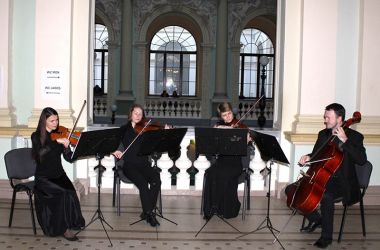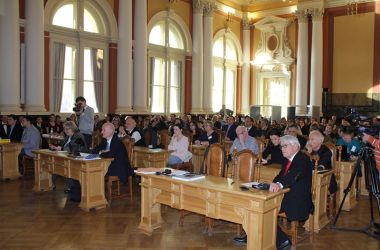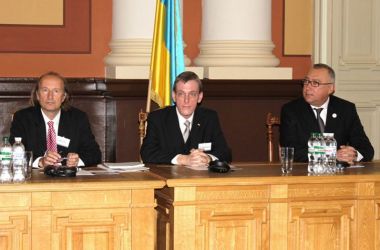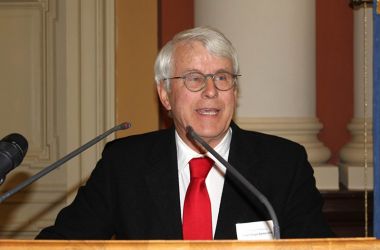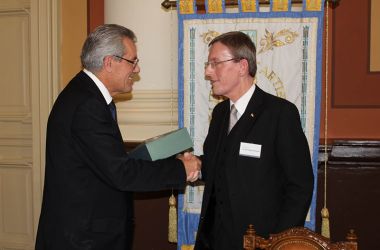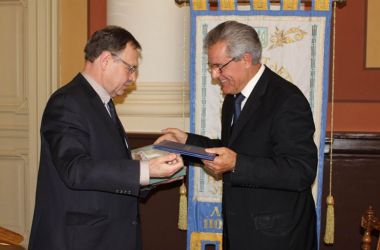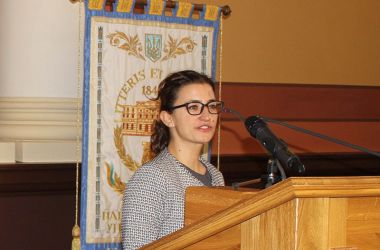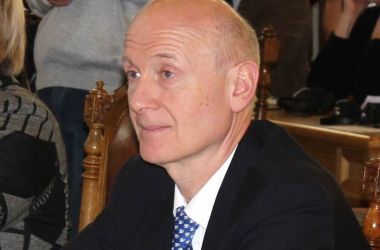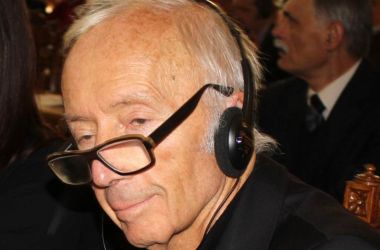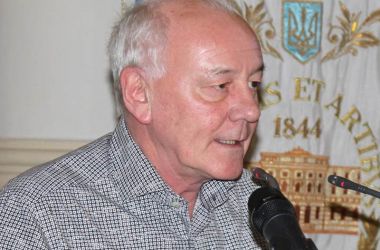Research Projects
Symposium Lviv, 2015
(Nowadays) the main principles and instruments of higher academic education are constantly changing and transforming. New challenges for architectural and urban academia are formed by different societal and economic issues. In times of global crises, the main problem is to produce knowledge about the sustainable use of materials and immaterial resources.
The international symposium “Theory and Practice of Academic Education in Architecture and Urban Design” can be regarded as a scientific project, aimed to look at the most urgent questions of architectural education.
In this context it was important to have a look on how the joint work between Vienna Technical University and Lvivska Polytechnika National University influenced the production of this knowledge over a period of 20 Years of academic cooperation. All components of this work are now represented on the website of the cooperation.
The topic of the symposium was elaborated within three main themes: «Architectural education», «Architectural Heritage» and «Urban Design».
The main direction of the first thematic session “Architectural education” (moderated by Elisabeth Leitner and Svitlana Linda) was set by the key speaker Sebastian Macmillan from Cambridge University. Talking on the topic of “Architecture and its place in the Academy” Professor Macmillan specified the unique role of architectural education and indicated problems present in this sphere today. Prof. Macmillan declared that “The most important quality of architectural education in academia is that it engages the head, the heart and the hand.” At the same time the balance of these three qualities is challenged by the extensive pressure of research.
Other speakers continued the discussion of this topic. In his speech “Architectural Environment and Results of Vienna/Lviv Cooperation” Viktor Proskuryakov talked about how we can use the experience of common design and research programs to improve our own educational methods and procedures. This topic was discussed even further on national and international level in the statements of Prof. Aleksandr Buryak “Architectural Education Policy” and Prof. Halyna Petryshyn “Workshop as Tool in Architectural and Urban Education”.
The second session “Architectural Heritage” moderated by Mykola Bevz and Caroline Jäger-Klein was opened by the speech of Prof. Manfred Wehdorn with the topic “The Viennese Ringstraße and what is left of it”. Prof. Wehdorn emphasized the problems related to the presence of architectural and urban heritage inside modern developing cities. He also gave specific recipes how to treat the monuments and historical environments both to satisfy the needs of today and to preserve their unique character. This discussion continued in the statement of Prof. Mykola Bevz “The Ringstrasse of Lviv and the Public Space in the City Center”.
Prof. Caroline Jäger-Klein spoke about the common architectural heritage of Lviv and Vienna beyond the Ringstraße. The important part of this topic was dedicated to neglected but very valuable architectural complexes, that can be studied and preserved for future generations. Problems related to the preservation of valuable architectural ensembles of Ukrainian capital were presented in the statement of Prof. Olena Oliynyk “Architectural Heritage of Contemporary Kiev”.
This series of speeches generated an interesting discussion about the seminal role of universities in the process of preservation of architectural heritage.
The final part of the symposium was dedicated to the topic of “Urban Design” and was moderated by Markus Tomasell and Andriy Pavliv.
Prof. Christoph Luchsinger spoke about design competence in urban planning. He presented two visions of high rise buildings in Vienna and the development of the city of Sinop, that demonstrated the complex approach to intensive development of historical cities. The presentation of Lviv Chief architect Julian Chaplinskyy “Contemporary Architecture and Urban Design in Lviv” confirmed the need for such strategical visions in the city of Lviv. He also spoke about new architectural and urban initiatives, that could have a positive impact on the city of Lviv.
The possibilities and threats of further architectural and urban design in Lviv are in many cases very distinct from those in the rest of Ukraine.
Most urgent urban issues in the Netherlands were presented in the statement of Prof. Cor Wagenaar. These topics can be seen as the main issues in the future of European cities.
In his presentation Prof. Yuriy Kryvoruchko spoke about the situation when urban visions meets reality, about conflicts and tensions inside the practice of urban planning.
Finally Prof. Podhalanski from Krakow “Cracow – metropolis of tourism and spirit” presented the series of urban contradictions, which emerge in touristic cities and have very big influence on their development.
All three main themes of the symposium provoked very intense discussions about the future of theory and practice of academic education.
Organizers:
Anton Kolomyeytsev
Halyna Petryshyn
Yaroslav Rakochyy
Bohdan Tscherkes

